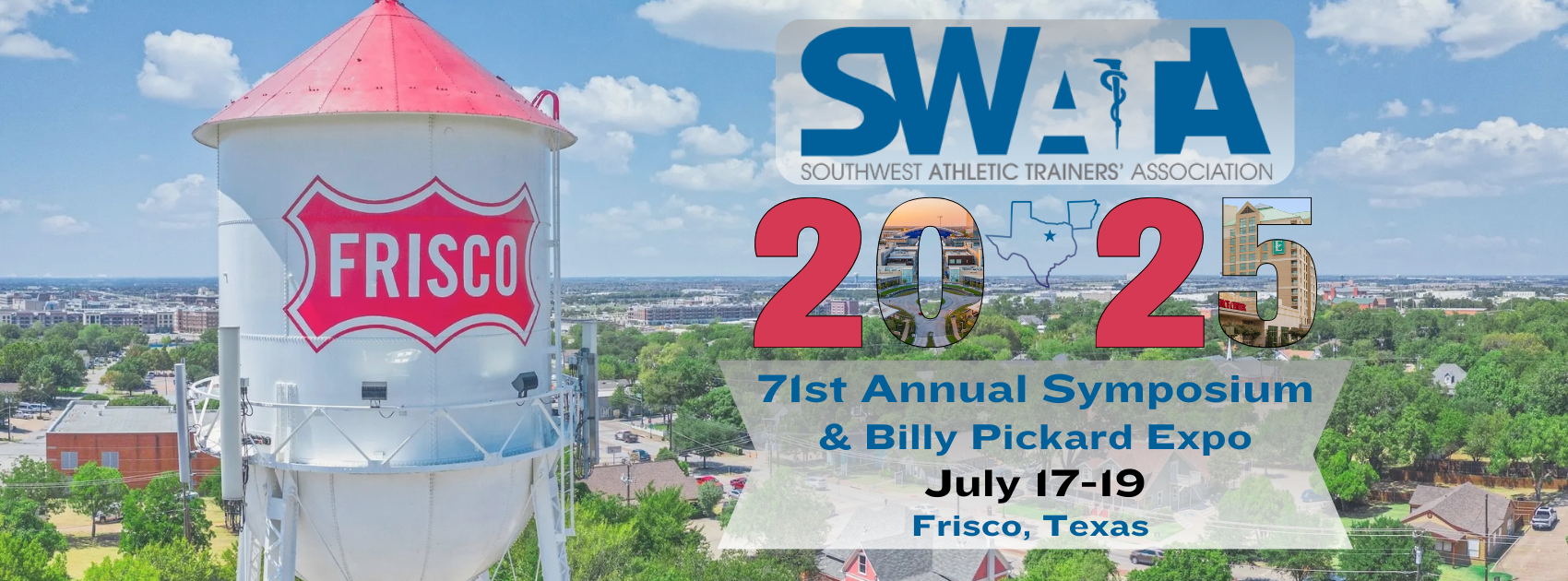
71st Annual SWATA Symposium & Billy Pickard Expo
SWATA 2025 FAQ's
Registration Is Open!
DATES: July 17-19, 2025
CLICK HERE TO REGISTER
Keep Scrolling for all the details!
Thank you to our Diamond Sponsor Healthy Roster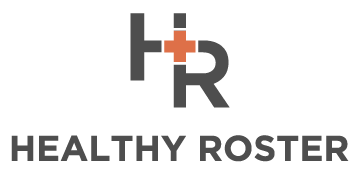
Thank you to our Platinum Sponsor Scottish Rite for Children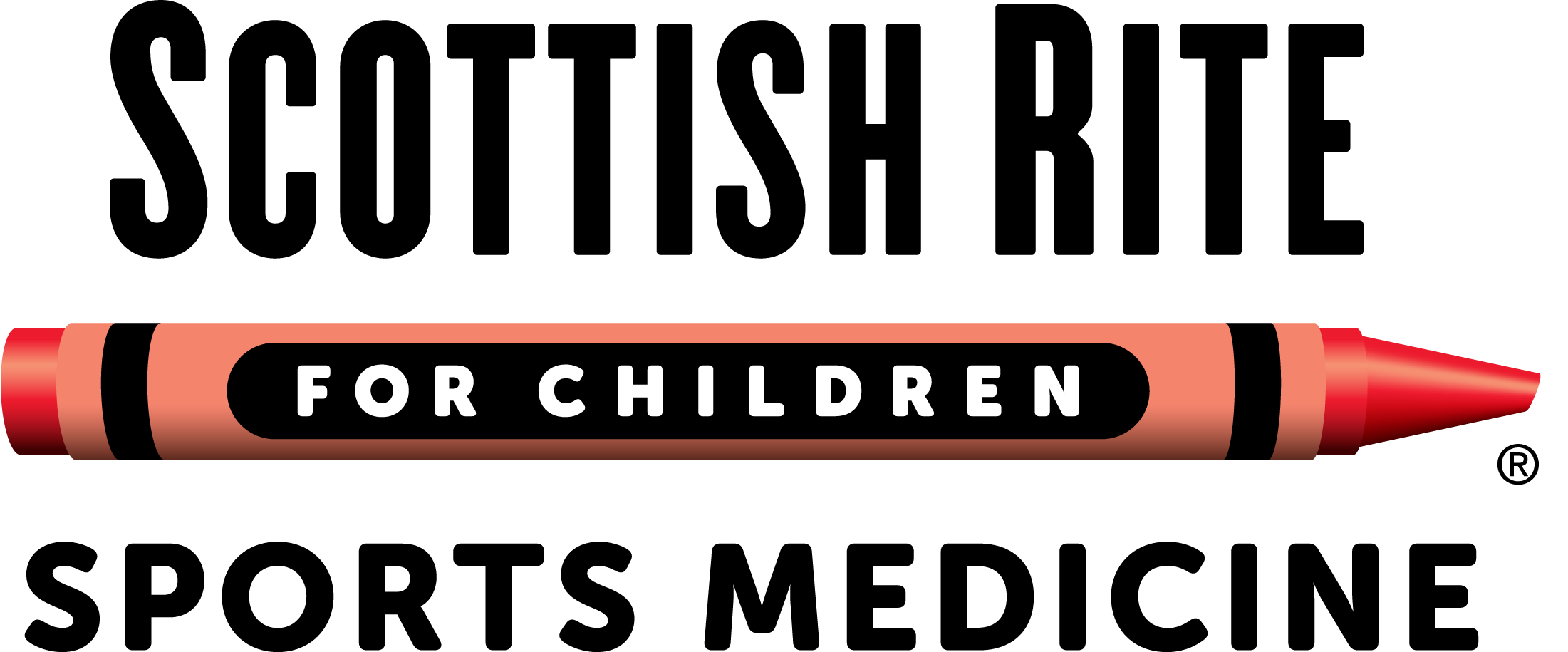
Where is SWATA located this year?
The Frisco Embassy Suites Hotel & Convention Center
7000 John Q. Hammons Drive, Frisco, Texas 75034
SWATA 2025 Details:
Reminder - to register as a SWATA Member, you must be a member of the NATA. If not, please register as a non-member or renew your NATA membership today. Click Here To Join/Renew NATA Membership
InEvent Mobile SWATA App
A unique SWATA App will be used for all schedules, maps, attendee communications and information related to SWATA 2025. 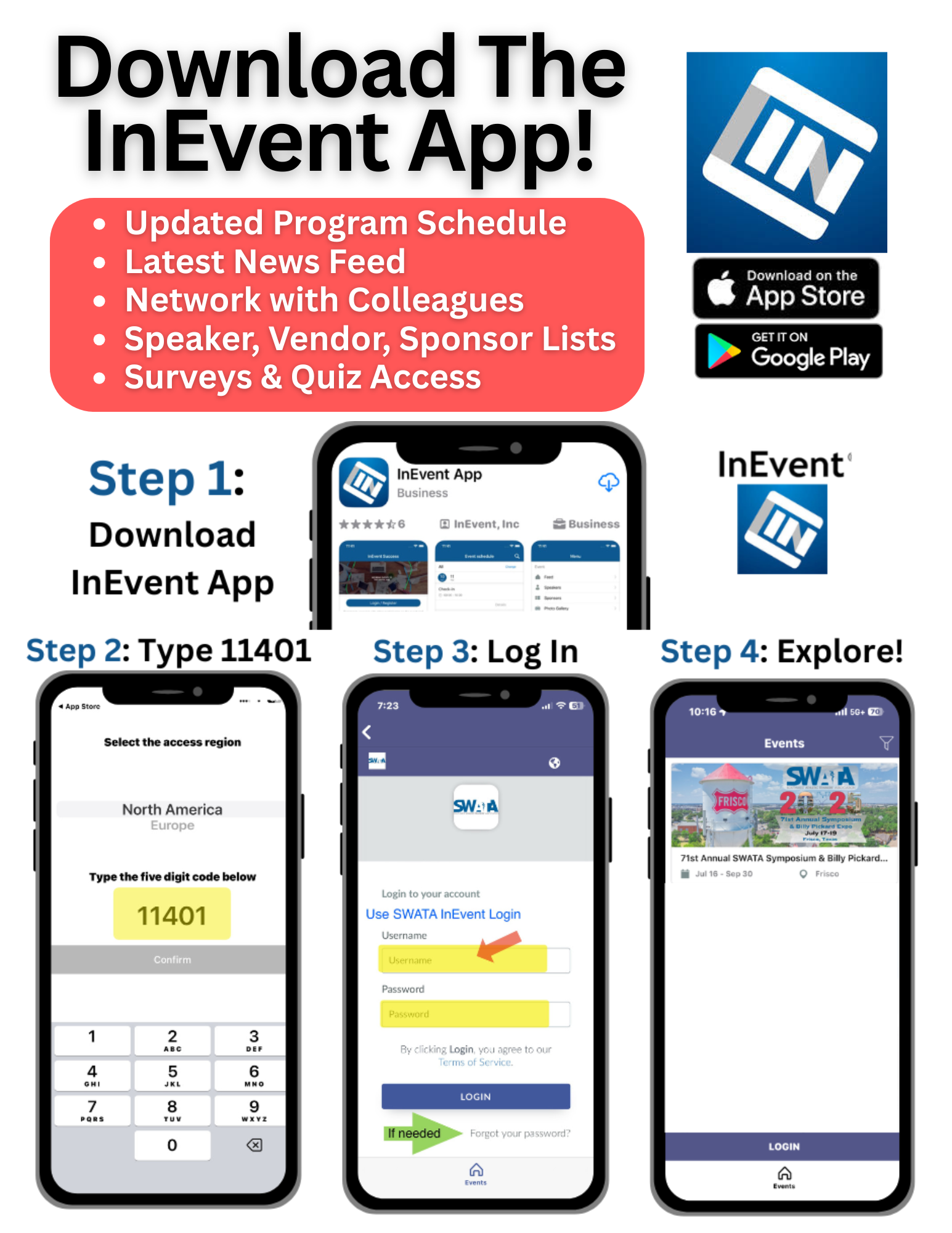
Professional Schedule Overview
The Annual Symposium includes many of our District Six professionals and nationally recognized experts from a variety of locations. All domains will be covered at different levels including essential and advanced. Please continue below for information on pre-conference events and highlights of regular scheduled conference programming!Wednesday July 16
SWATA EDAC Service Project
Thursday July 17
Billy Pickard Expo Grand Opening 8:00am
Lectures & Labs 9:00am-2:30pm
Keynote 3:00pm
NATA, SWATA, TSATA, AATA Forums
2025 Welcome Reception 6:30pm onsite!
Friday July 18
Lectures & Labs 8:00am-3:30pm
Honors & Awards Ceremony 4:00pm
Saturday July 19
Lectures 8:30am-12:30pm
SWATA Early Registration Ended July 1st.
Prices increased for each category July 2-17.

Where do I pick up my badge if I pre-registered?
Report to the pre-registration booth inside the Exhibit Hall in the Convention Center with a photo ID and you will be able to pick up your badge. Badge pick up times are as follows: Thursday 8:00 AM-3:00 PM, Friday 8:00 AM-11:00 AM.
I still need to pay, where do I go? What do I do if my registration check has not arrived through the mail before I arrive to pick up my packet at SWATA this week?
Please pay by CC by clicking the links in your registration confirmation. Any checks being mailed MUST be received by July 10, 2025 to be accepted as payment before arriving at SWATA. We cannot access mail between July 10 and the beginning of SWATA in Frisco. If you are not confident your check can arrive by this date, please bring it in person to registration to be processed properly. You should expect to pay by CC on site to gain access to SWATA events/sessions if checks are not recieved by July 10.
Registration Mailing Address for All SWATA Communications & Checks:
SWATA
1079 W. Round Grove Rd. STE 300-237
Lewisville, Texas 75067
Need a SWATA W9 Form for your employer? Email: swataoperations@gmail.com
Where do I go if I need to pay in Frisco?
Please see one of the Registration staff and they will be happy to take care of you and get a receipt emailed to you. Look for specific signage regarding onsite payment.
SWATA Refund Policy-Click Here
What night will alumni events be held?
We are suggesting Friday night July 18th as a good time for Alumni & Group gatherings. The Awards Ceremony begis early at 4:00 PM on this day with invited receptions to follow. Please check with your individual alumni groups for additional details. How about an outting to see the Frisco Rough Riders Double-A Baseball Team at Riders Park?The team in is in town playing the Corpus Christi Hooks Friday, Saturday and Sunday just steps away from the Embassy Suites. Play Ball!
When does the Billy Pickard Expo Hall open?
The Billy Pickard Expo will kick off with a grand opening on Thursday morning at 8:00 AM and remain open till 4:00 PM. The Expo hours on Friday are 8:00 AM–11:00 AM. Please visit these awesome vendors as they tirelessly support SWATA and athletic trainers everywhere!
When is the Honors and Awards Ceremony?
One of the highlights every year at SWATA is the ability to recognize and honor deserving members in the Honors and Awards Ceremony including Hall of Fame Inductees. This year’s celebration will be held in the Convention Center on Friday July 18 at 4 PM. Please make sure to join us as we honor these individuals’ accomplishments.
Registration Volunteers Needed!
If you can assist our dedicated volunteer staff with registration and other tasks please reach out to Catherine Windsor cwindsor312@gmail.com to inquire about where current needs are as the event draws closer.
2025 SWATA Welcome Reception -The GreAT Piano Duel
This event will be at the Frisco Convention Center
on Thursday July 17. 
SWATA Corporate Sponsor Information:
Help Support Our Organizaiton and this year's Symposium in Frisco
SWATA Corporate Sponsorship Categories
SWATA Vendor Information:
We Welcome Exhibitors and Vendors to register for this years event in Frisco.
More Vendor & Decorator Information Here
Stay in Frisco!
The host hotel for SWATA 2025 is the Frisco Embassy Suites and Convention Center by Hilton. Attendee Rate is $164 plus tax and fees.
We still have a few rooms available.
Click Here To Reserve a Room





Things To Do While In Town!
We are bringinig SWATA to Frisco, Texas July 17-19, 2025!
Learn more about Frisco!
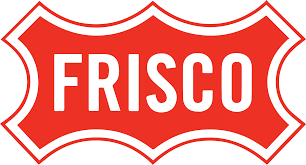
This area has so much to offer while you are in town. From The Star and Dallas Cowboys Headquarters, to numerous restaurants, shopping and many exciting venues near by in the DFW Area, there is something for everyone. 
Good News! The Frisco Rough Riders MLB Double-A Team is in town Friday July 18-Sunday July 20! Come see some of baseball's top prospects battle it out against the Corpus Christi Hooks. What a perfect venue for families or Alumni Nights!

Kaleidoscope Park:6-acre dynamic, innovative arts and culture destination that is home to free, year-round public programming, performances, and recreational activities.

Agenda
Advancing Athletic Training: Skills, Science & Support
This year’s educational event brings together a diverse lineup of presentations designed to enhance clinical practice, promote interdisciplinary collaboration, and empower athletic trainers with the latest knowledge and techniques. From manual therapy and concussion care to mental health and emergency preparedness, this comprehensive program offers something for every level and setting in athletic training. Printable Agenda Here.






















Louis K, Crane A, Knoblauch M, Hairston L.
Breaking Barriers: Disparities Among Minority Collegiate Athletes in Concussion reporting
Abilene Christian University
Villanueva J, Long M.
























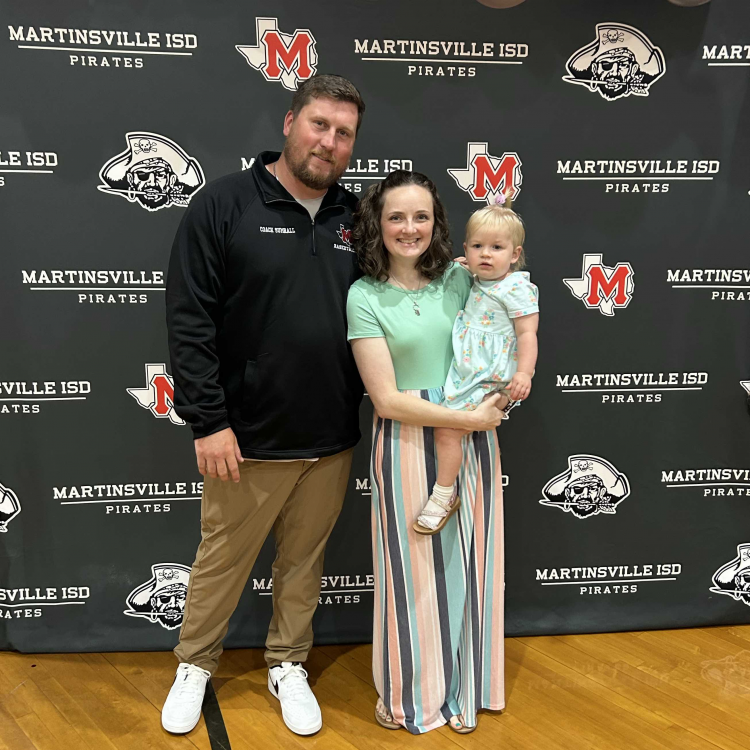









Hall of Fame - Britney Webb
Most Distinguished AT - Chris Shaddock
Bobby Gunn Unsung Hero - Catherine Windsor
Honorary Membor - Larry Commons
Frank Medina - Luzita Vela
James Dodson New Horizons - Joseph Eberhardt
John Harvey Humanitarian - EJ Hairston
Christine Bonci Excellence in AT Scholarship - Layci Harrison




This session was part of the SWATA 2024 live program in Hot Springs, AR.



















